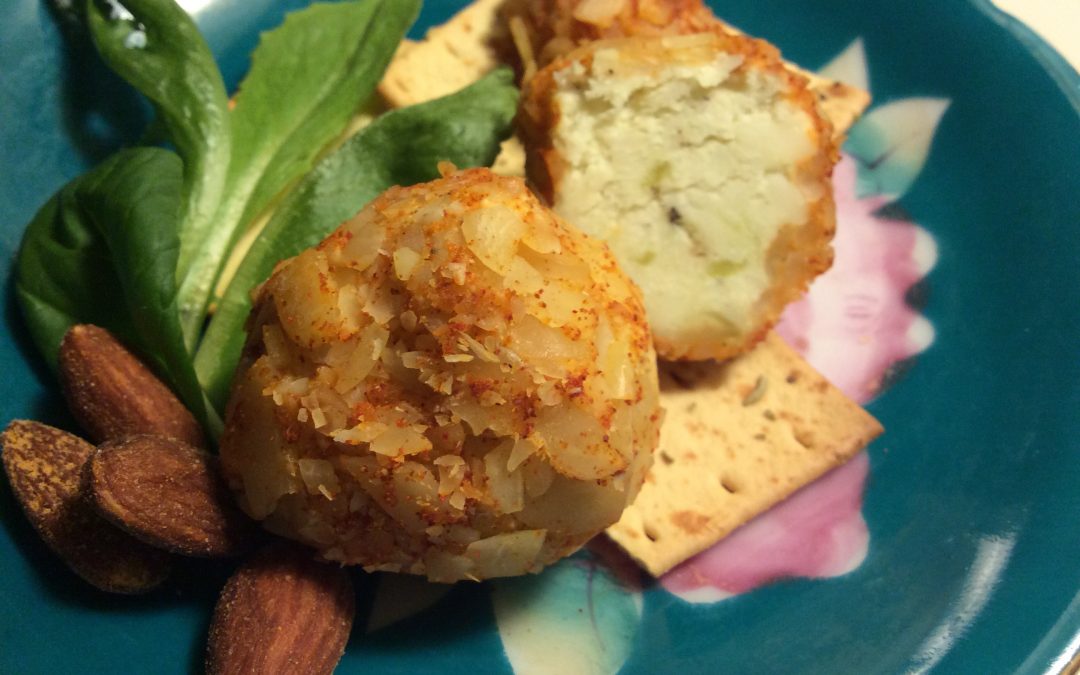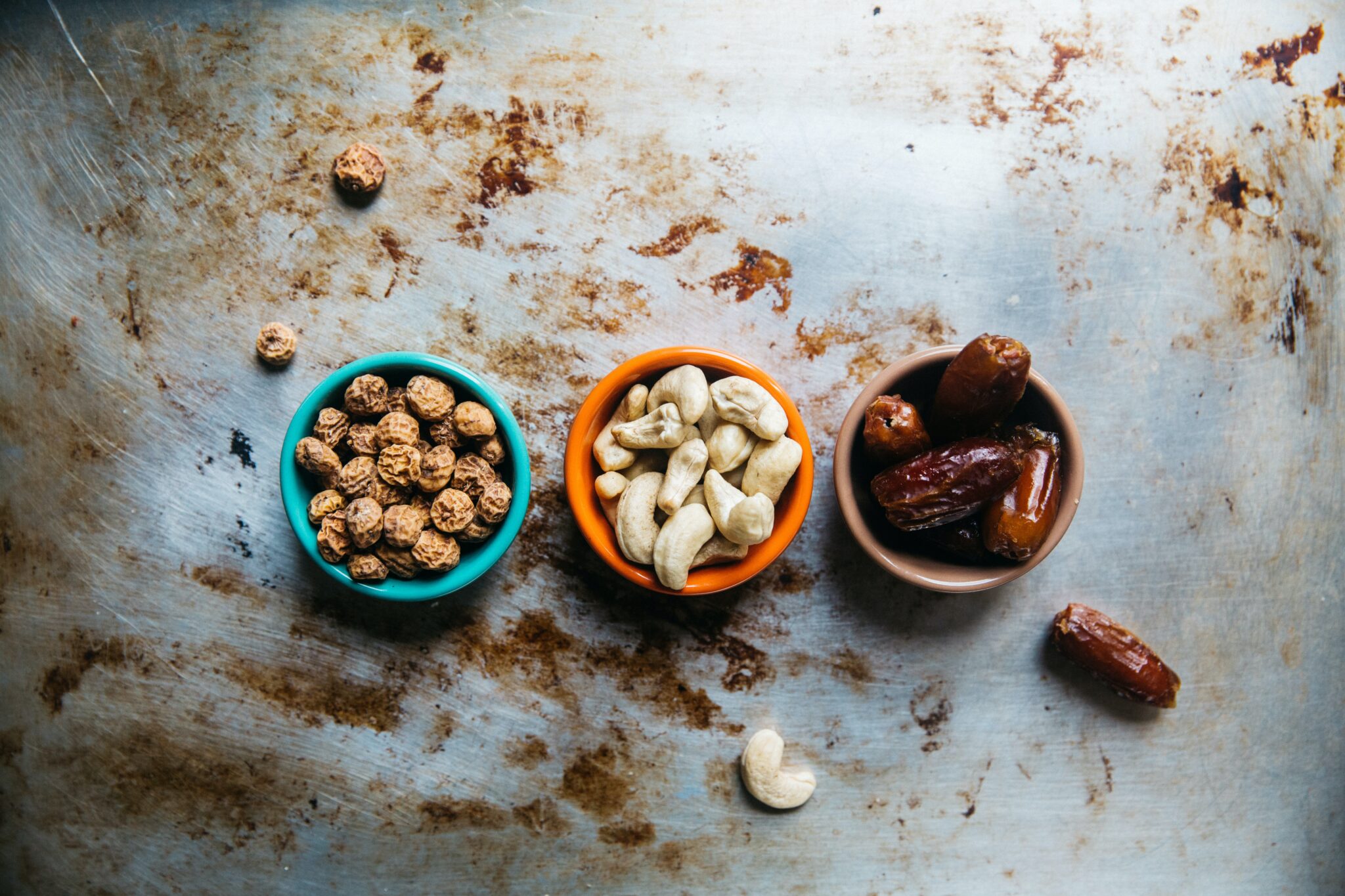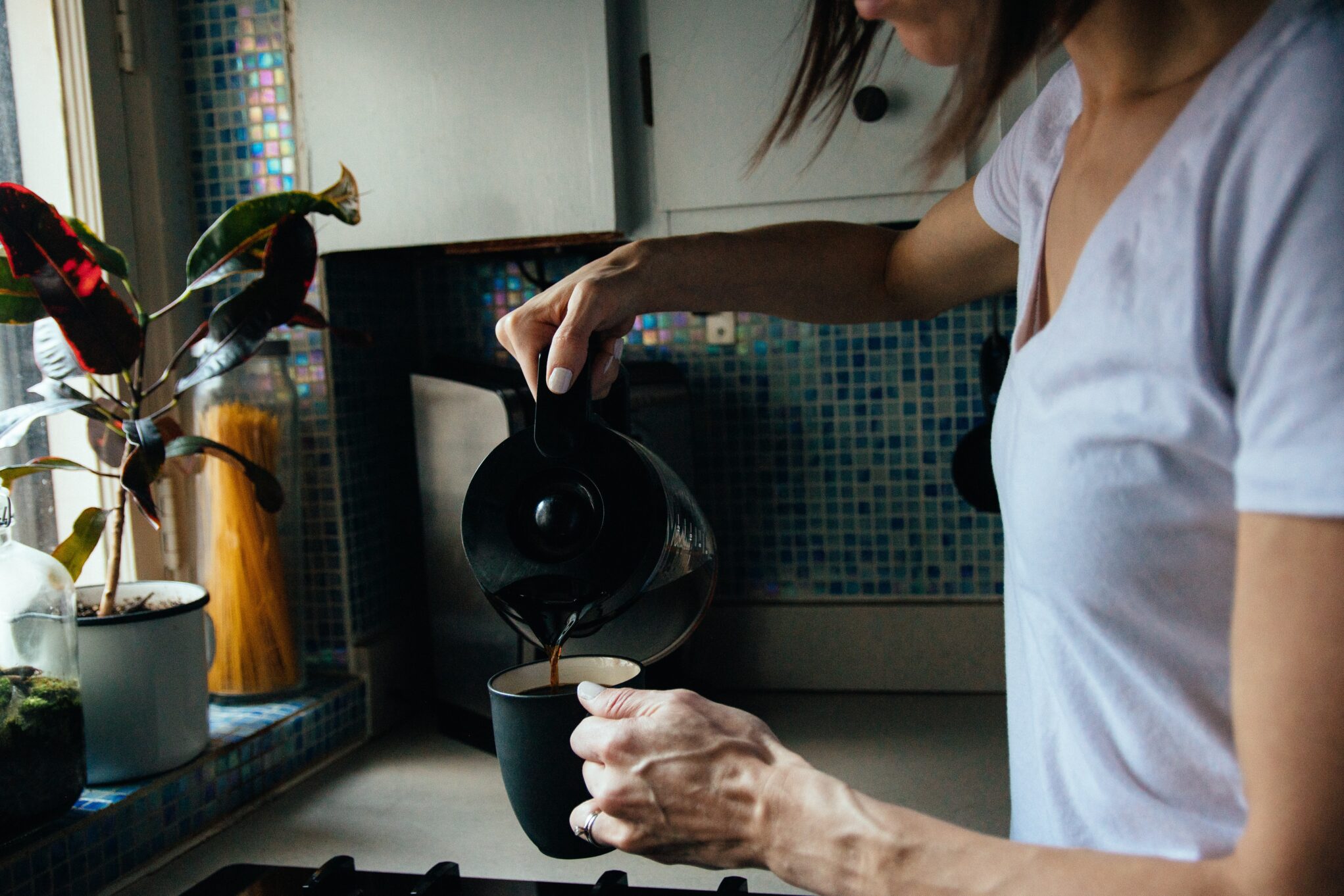More and more medical doctors recognise the benefit of cannabis for patients and are prescribing it as a therapy to their patients. The broad therapeutic range of cannabis means that patients often receive benefit over many symptoms simultaneously. For example a cancer patient may find that marijuana eases pain, nausea and insomnia while improving their appetite. A PTSD sufferer may find that their anxiety is reduced and their nightmares are alleviated allowing them to sleep. In addition, unlike sleep aids or pain relievers, cannabis works to relax a patient or to improve sleep without depressing the central nervous system. This means it is safer to use if other medications are being taken for pain or mood.
With the cultural stigma and negative health affects of smoking, this workshop was focused on creating delicious edibles to help make cannabis consumption a healthier and more effective treatment. Edible treats are more easily transported and consumed than raw marijuana. Participants also learned ways to improve or reduce the psychoactive properties of raw cannabis to suit their therapeutic needs.
The beginning of the workshop was a presentation of information including the history of cannabis use and how the plant spread across the world, the most common symptoms that can be treated with cannabis and how THC and CBD (the main therapeutic agents in cannabis) differ in their treatment focus.
Participants learned the 8 step procedure to make cannabis infused fat, with lots of tips and tricks to help them get the best value and potency for their money. We discussed safety issues like ensuring that medicated treats are well labelled to avoid accidental ingestion. We also learned how to calculate potency of fat to ensure that treats contain appropriate doses of cannabis to ensure the best symptom control and minimal side effects.
The second half of the session involved creating treats (not made with cannabis, but recipes that work well with herbal infused cannabis fat) for participants to taste. Slice and bake Ginger Spice Cookies, no bake Coconut Citrus (Lemon) Balls and Savory Cheddar Pepper Truffles were the three taste tested. Recipes featured stevia as a sweetener to limit carbohydrates which improve the effect of cannabis and make diabetic friendly treats.
As Canada moves to legalise marijuana use, the value of this important herbal medicine will hopefully come to light and lead to better understanding of its therapeutic value. There is great potential to improve the lives of patients and reduce the risk of overdose. Marijuana edibles certainly fill a necessary niche to ensure patients have a safe and convenient way to consume their medication.






